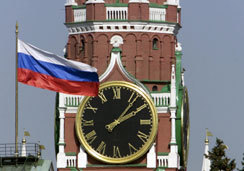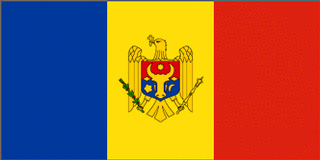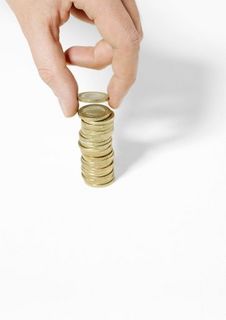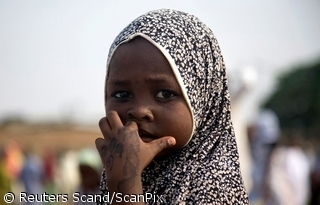A desert country ruled by a virtual dictatorship, Turkmenistan has drawn international interest for one reason: its enormous oil and natural gas deposits.
Published:
21 September 2001 y., Friday
Turkmenistan sits in central Asia, bordering the oil-rich Caspian sea to the west, Kazakhstan and Uzbekistan to the north, and Iran and Afghanistan to the south and west.
With only 3 percent of its land - a territory slightly larger than California - suitable for farming, the predominantly Muslim nation's economy is centered around oil and natural gas.
Since achieving independence with the collapse of the Soviet Union in 1991, the country has remained stable under the autocratic rule of President Saparmurat Niyazov, but has seen its economy contract sharply.
Much of the nation's history involves exploitation by despots; so much so that the 66 years it spent as part of the Soviet Union were a period of relative prosperity.
Even if the nation meets economic growth targets in 2001, however, GDP will still be only 59 percent of pre-independence levels.
Turkmenistan has been reluctant to line up with regional alliances. Its leaders have been feuding for years with neighboring countries over control of oil deposits below the Caspian Sea.
Recently, international aid groups have warned of a growing AIDS problem among Turkmenistan's 4.5 million inhabitants, as well as in the surrounding countries of Central Asia.
Šaltinis:
abcnews
Copying, publishing, announcing any information from the News.lt portal without written permission of News.lt editorial office is prohibited.
The most popular articles
 The European Commission approved an application from Spain for assistance from the EU Globalisation Adjustment Fund (EGF).
more »
The European Commission approved an application from Spain for assistance from the EU Globalisation Adjustment Fund (EGF).
more »
 The European Commission today reiterated the potential of existing EU-rules on mediation in cross-border legal disputes, reminding Member States that these measures can only be effective if put in place by Member States at national level.
more »
The European Commission today reiterated the potential of existing EU-rules on mediation in cross-border legal disputes, reminding Member States that these measures can only be effective if put in place by Member States at national level.
more »
 Exports of animals and animal products from the European Union to Russia are expected to receive a boost after five new certificates for exports between the EU and the Russian Federation entered into force on August 15.
more »
Exports of animals and animal products from the European Union to Russia are expected to receive a boost after five new certificates for exports between the EU and the Russian Federation entered into force on August 15.
more »
 World Bank Group President Robert B. Zoellick visited Moldova on August 11-12 at the invitation of Prime Minister Vlad Filat.
more »
World Bank Group President Robert B. Zoellick visited Moldova on August 11-12 at the invitation of Prime Minister Vlad Filat.
more »
 These are the financial results of the banking activities of the Danske Bank Group in Lithuania (Danske Bankas and Danske Lizingas UAB).
more »
These are the financial results of the banking activities of the Danske Bank Group in Lithuania (Danske Bankas and Danske Lizingas UAB).
more »
 The European Investment Bank (EIB) today signed its first loan agreement with Armenia.
more »
The European Investment Bank (EIB) today signed its first loan agreement with Armenia.
more »
 Given the worsening food crisis in the Sahel, the Commission today agreed to disburse €14.9 million for food security in Niger, the worst affected country in the area.
more »
Given the worsening food crisis in the Sahel, the Commission today agreed to disburse €14.9 million for food security in Niger, the worst affected country in the area.
more »
 The European Commission has cleared under the EU Merger Regulation the proposed restructuring of Arnotts' debts in return for a transfer of control to Anglo Irish Bank and Royal Bank of Scotland (RBS).
more »
The European Commission has cleared under the EU Merger Regulation the proposed restructuring of Arnotts' debts in return for a transfer of control to Anglo Irish Bank and Royal Bank of Scotland (RBS).
more »
 The European Commission today approved a new financial support package of €135 million for Morocco.
more »
The European Commission today approved a new financial support package of €135 million for Morocco.
more »
 The European Commission is allocating an extra €10 million in humanitarian aid for Liberia.
more »
The European Commission is allocating an extra €10 million in humanitarian aid for Liberia.
more »